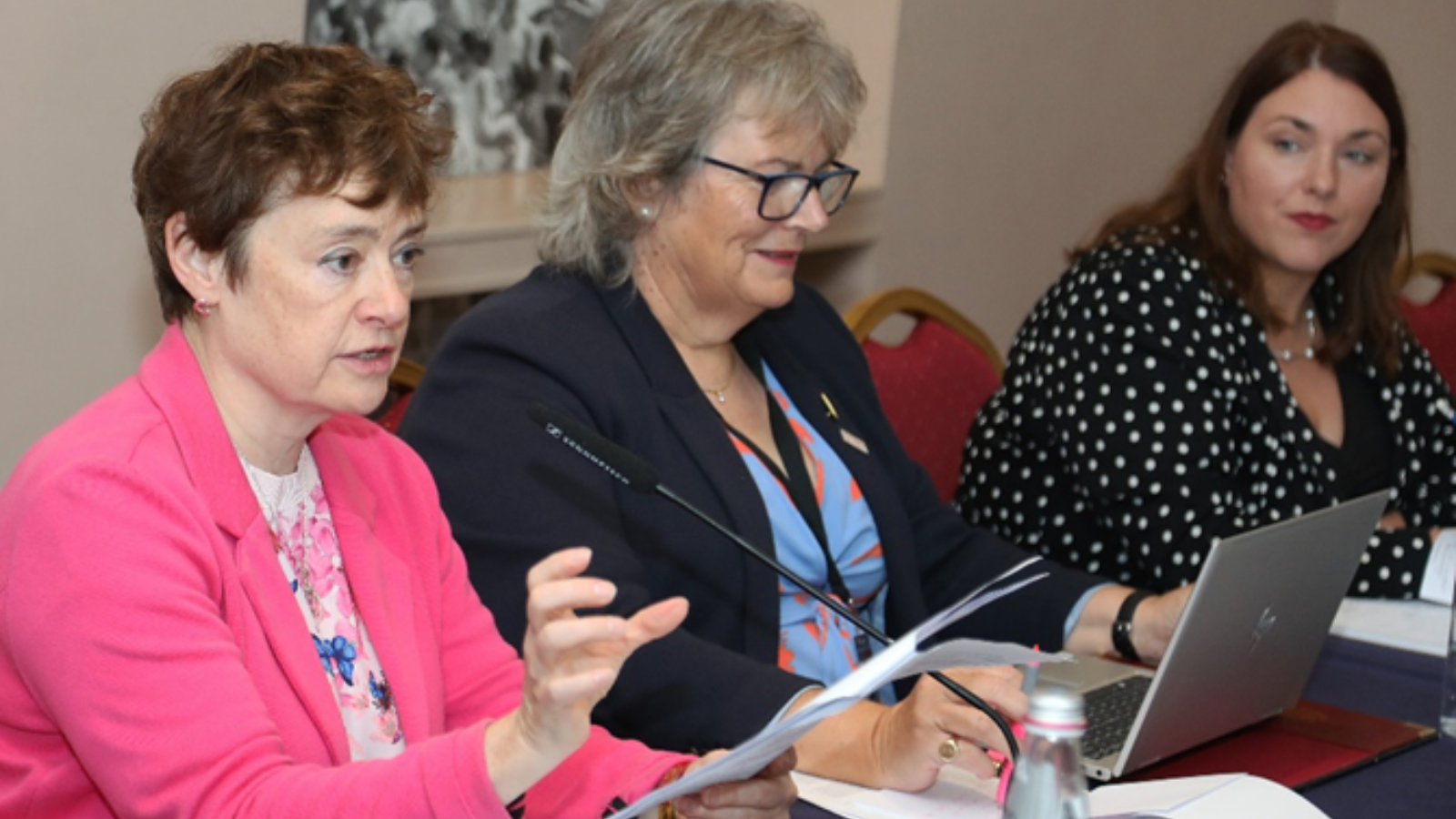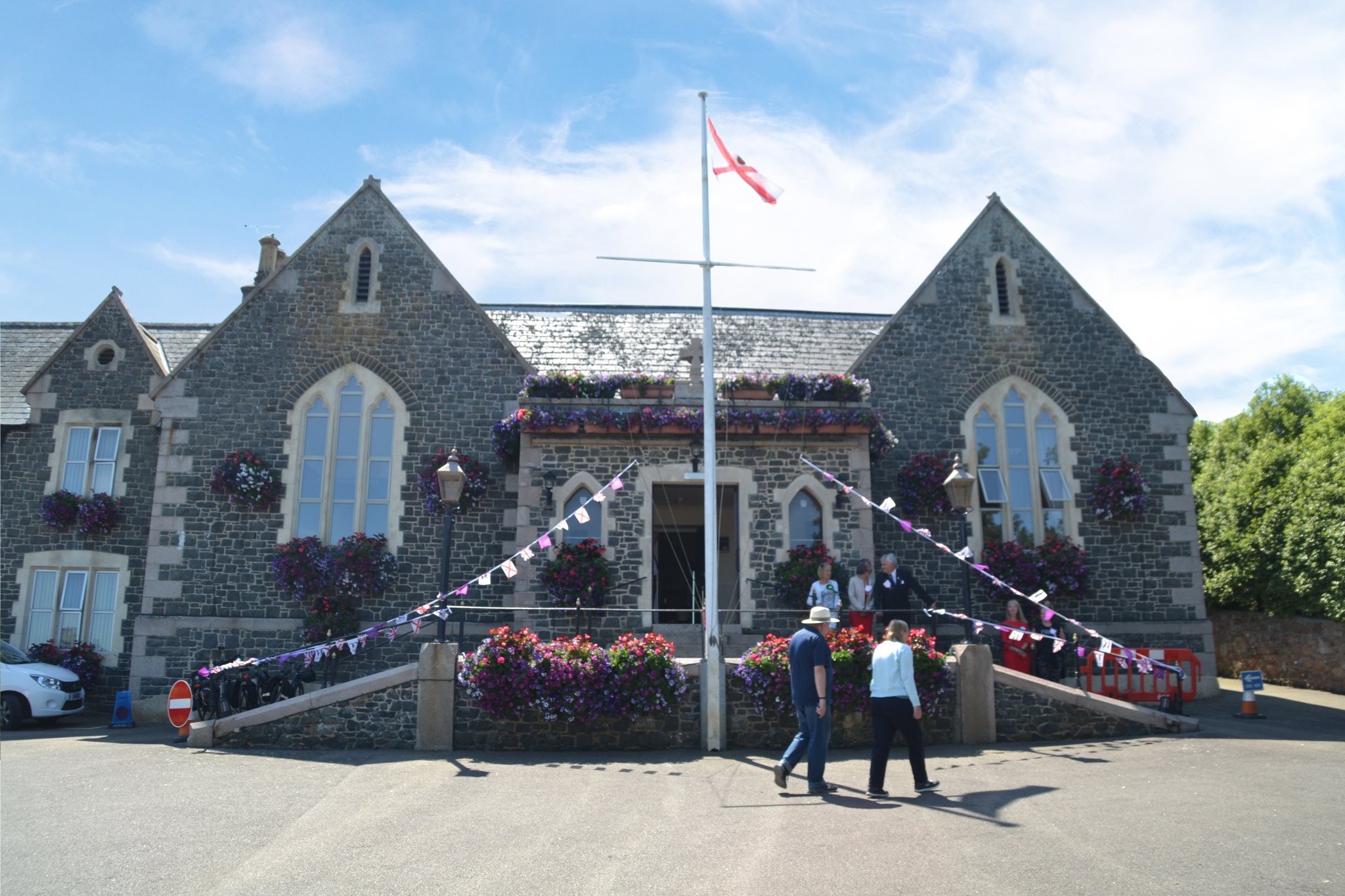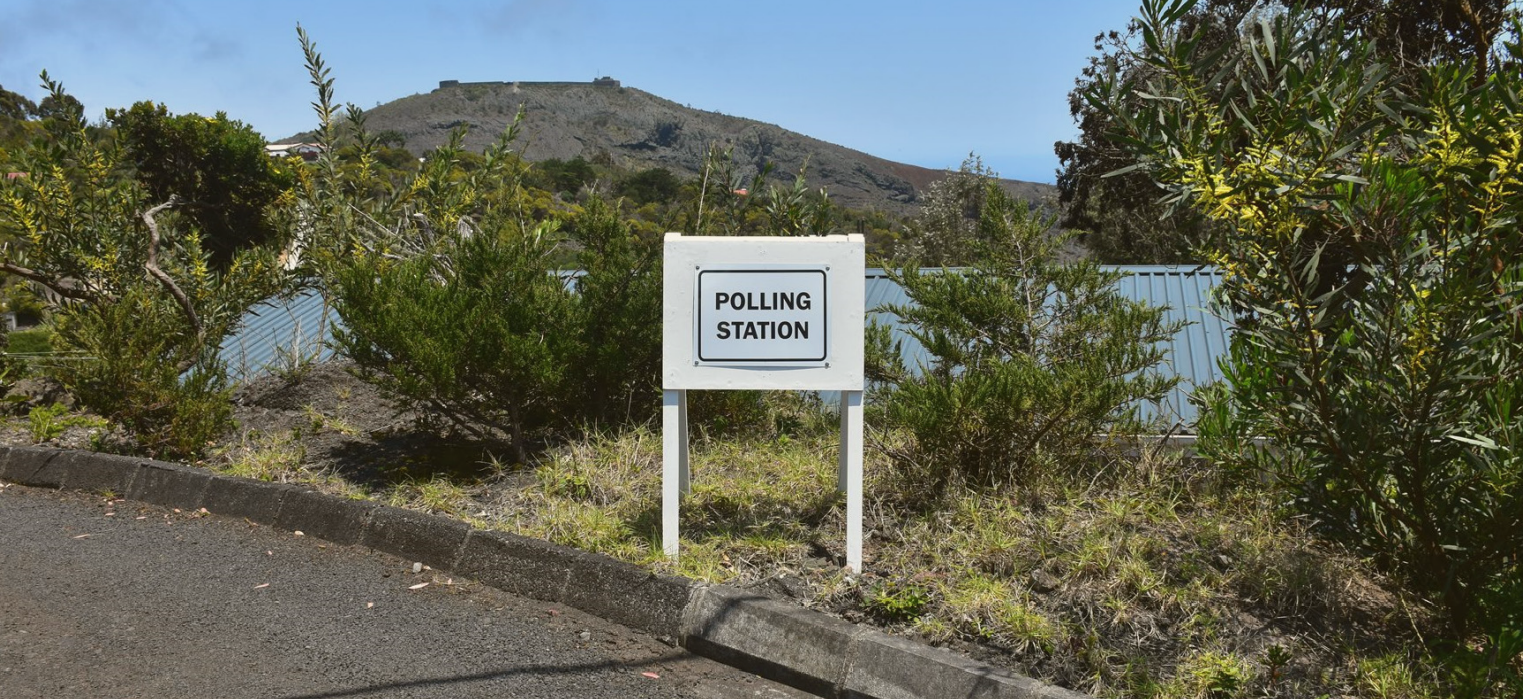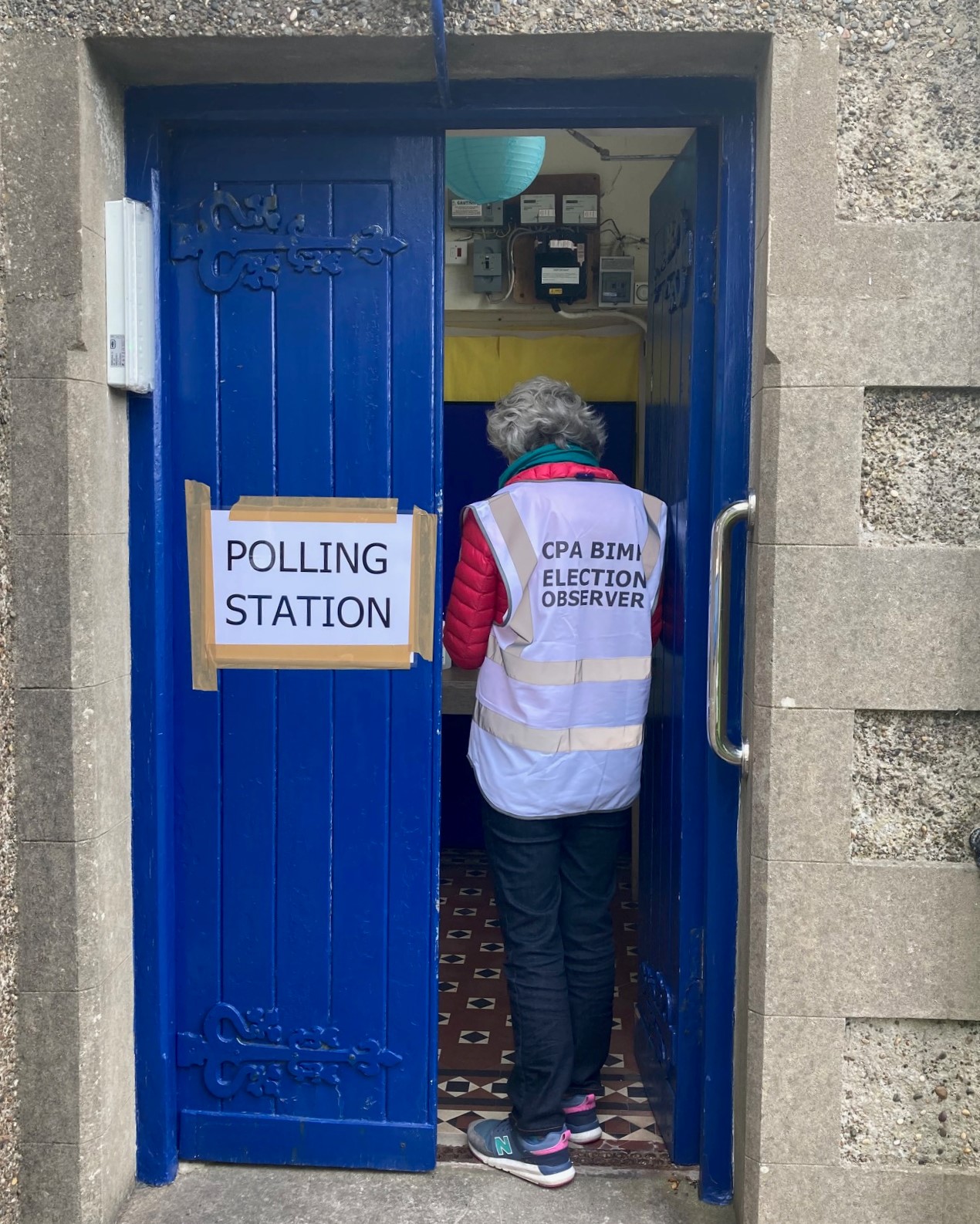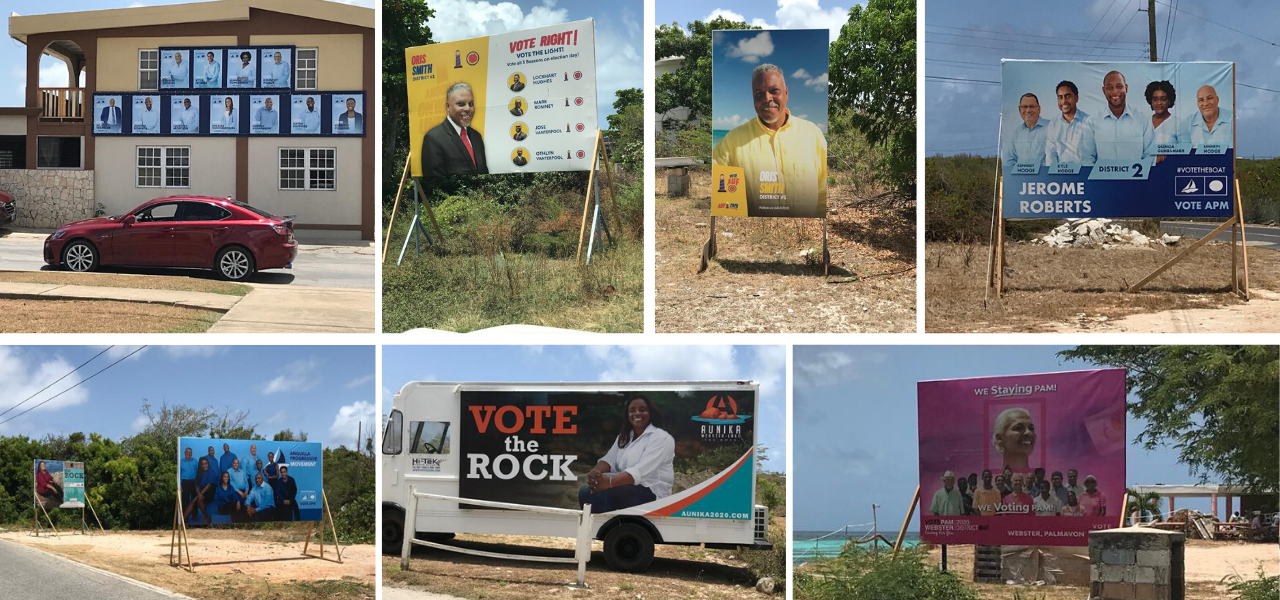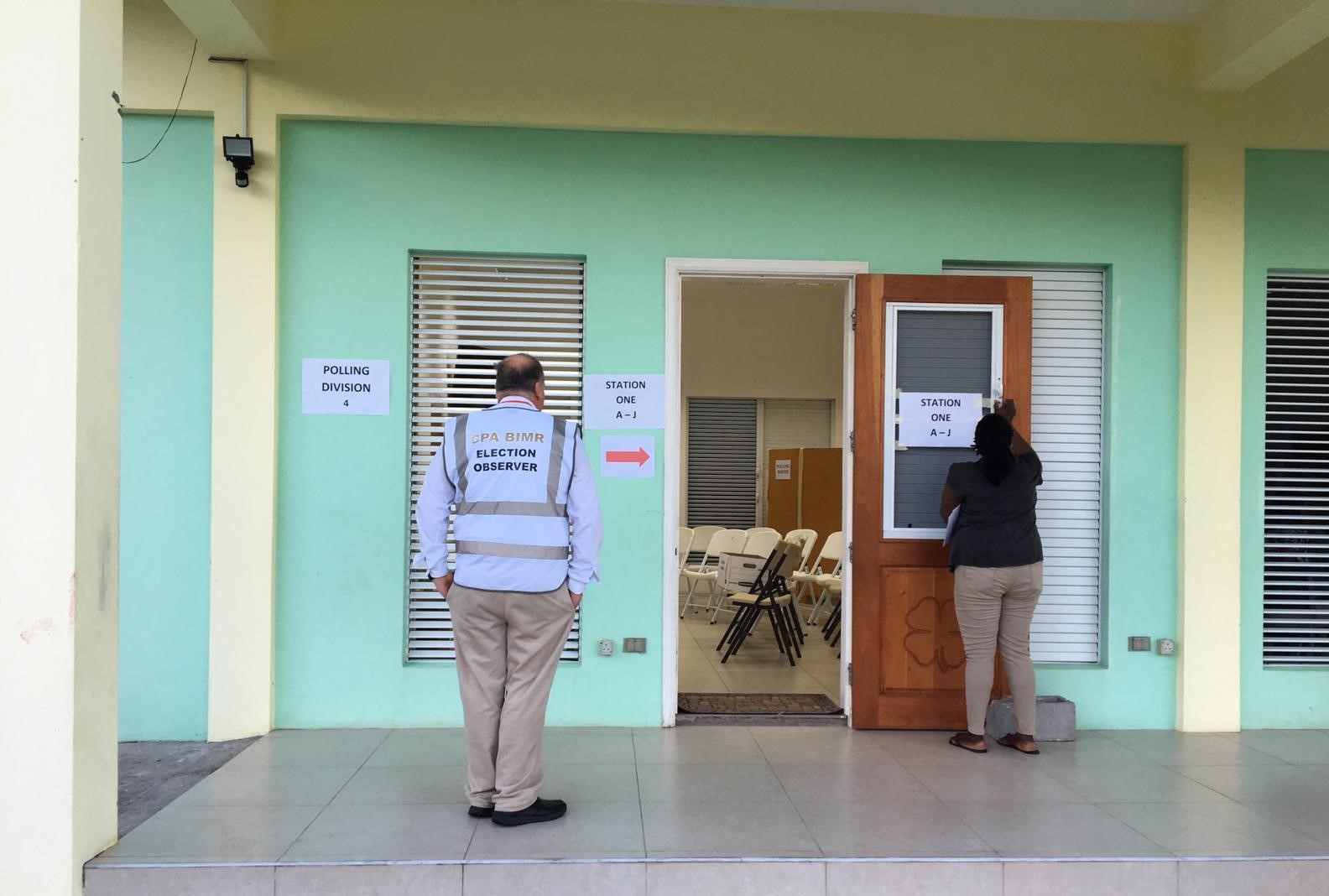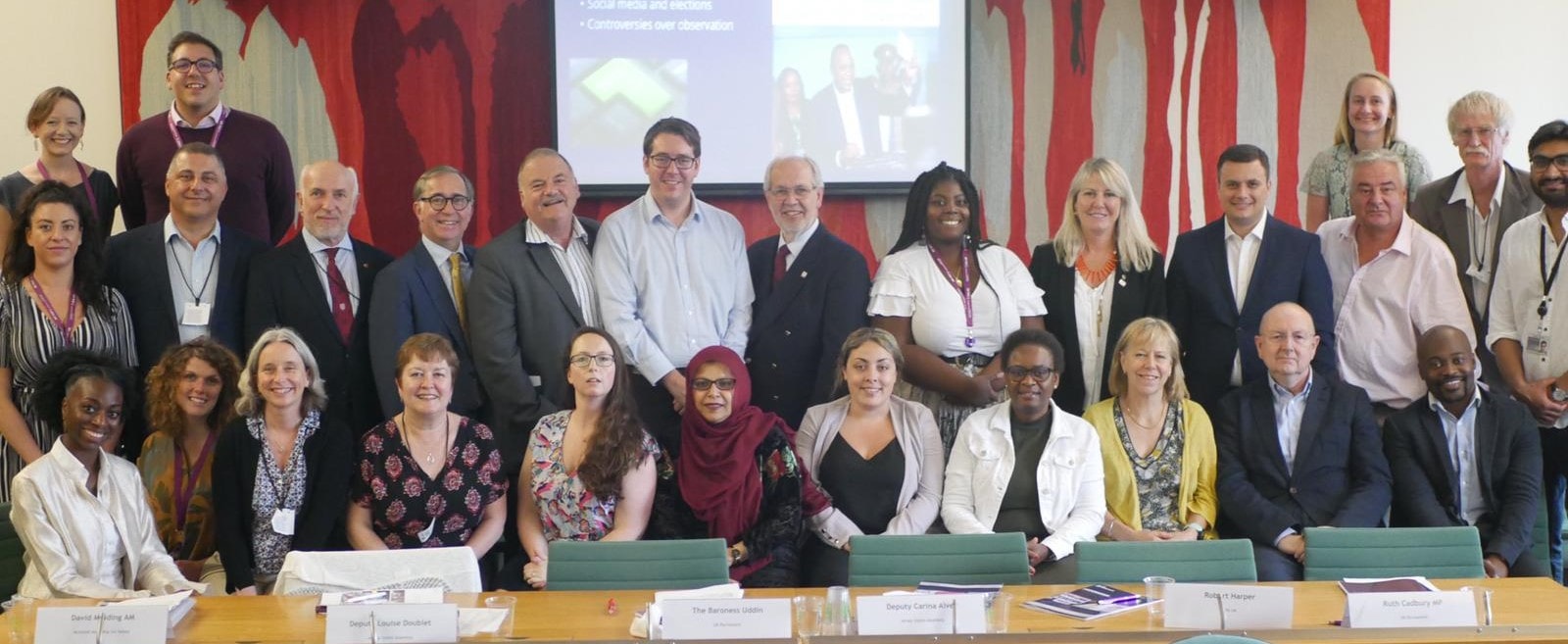5 Lessons from CPA UK Virtual Roundtable: Responding to Covid-19 & Parliamentary Democracy Post Quarantine
Published 02 July 2020

CPA UK recently hosted its first virtual Roundtable discussion. The event sought to provide a platform for parliamentarians to glean insight from the case study of the Welsh Parliament in response to the Covid-19 pandemic. Parliamentarians on the roundtable also had the opportunity to share insights from their own legislatures on the varying responses to Covid-19. Discussions concluded with looking towards the future and what parliamentary democracy may look like beyond quarantine.
The lead presentation was delivered by Rhun ap Iorwerth, MS Welsh Parliament who shared key learnings from the innovations and speed with which the Welsh Parliament responded to Covid-19. The meeting was chaired by Jon Davies, Chief Executive of CPA UK and Regional Secretary to the British Islands and Mediterranean Region.
Roundtable participants represented nine legislatures including; Trinidad & Tobago, Scotland, St Helena, Jersey, Turks and Caicos Islands, Bermuda, Gibraltar, Wales and the UK.
This article seeks to capture the five key lessons shared by participants on their experiences of parliamentary processes during the pandemic and what the changes to ways of working may mean for the future of parliamentary procedure.
1. The importance of scrutiny
Throughout the discussion, the need to ensure parliaments continue fulfilling their most important duty, holding government to account, was highlighted. Effective parliamentary scrutiny and oversight becomes even more crucial during times of national and global emergencies. With emergency legislation and management of the pandemic impacting the lives of citizens, much emphasis was placed on the importance of debates and select committee sessions during this time.
2. Delivering parliamentary democracies digitally
With technology playing a huge part in the delivery of parliamentary democracy under Covid-19, Roundtable Members shared their thoughts on the opportunities this has brought for enhancing their work, as well as the limitations experienced. From virtual committee sessions to ministerial questions, the use of videoconferencing platforms such as Zoom, WebEx and Microsoft Teams have proven invaluable in keeping proceedings going, aiding parliamentarians in the execution of their duties and kept parliamentary staff in close communication throughout lockdowns.
3. Adopting a ‘P’ approach
In describing the response taken in Trinidad & Tobago, Madam Speaker of the House, Brigid Annisette-George shared the four pillared approach adopted: prevention, preparedness, public health and safety, and parliamentary sustainability and continuance.
As part of its business continuity plan, the Parliament has been able to continue meeting whilst still protecting the wider public through measures such as stopping visits to the Chamber and instead limiting this to five members of the media to continue conveying the work of the legislature.
Virtual capability has also been tested over this period, with all committees, including the Public Accounts Committee, having moved to virtual meetings.
4. The value in sharing best practice
As one of the few places to not have confirmed a single case of Covid-19, the Legislative Council of St Helena has been able to continue conducting its business as normal, whilst implementing measures for the protection of citizens.
Member of the Legislative Council, Hon. Jeffrey Ellick, provided an update on the ongoing work around St Helena’s preventive strategy, to ensure the virus does not reach the Island, including the establishment of a government Incident Executive Group. The Group who meet monthly lead on the government’s response to the pandemic and publish regular preparedness planning updates.
The Roundtable served as an opportunity to hear the experiences of other smaller legislatures further ahead in their use of virtual proceedings, providing valuable lessons learned for the contingency and crisis planning still ongoing in St Helena.
5. Adjusting the rules
Across the Commonwealth, legislatures have taken different steps to facilitate their transition to virtual proceedings. Reviewing Standing Orders and constitutional requirements of how parliamentary business is conducted has been the first step in this process for most, with many legislatures going on to amend their Standing Orders to facilitate virtual proceedings and other changes, and some legislatures temporarily suspending them.
Members discussed the difference in what was required of them by the rules that regulate procedure and shared how this has in some cases aided a smooth transition to virtual proceedings and in others, how they have worked around the rules to continue fulfilling their parliamentary duties.
With the situation around Covid-19 continuing to develop in different ways across the Commonwealth, participants emphasised the need to continue sharing and keep communication channels open, to ensure that parliamentary democracies not only function, but are able to adapt quickly under unprecedented global circumstances.
Roundtable participants
Jon Davies, CPA UK Chief Executive (Chair), Rhun ap Iorwerth MSs (Welsh Parliament), Madam Speaker Brigid Annisette-George MP (Parliament of Trinidad & Tobago), Hon. Temard R. Butterfield (Parliament of the Turks and Caicos Islands), Hon. Patricia Gordon-Pamplin MP (Parliament of Bermuda), Margaret Mitchell MSP (Scottish Parliament), Hon. Steven Linares (Gibraltar Parliament), Hon. Jeffrey Ellick (St Helena Legislative Council), Connetable John Le Maistre (Assembly of the Sates of Jersey), Deputy Scott Wickenden (Assembly of the Sates of Jersey).
Roundtable observers
Carlleta Charles, Parliamentary Executive Officer (National Assembly of Parliament of Guyana), Al Davies, Senior International Relations and Protocol Manager (Welsh Parliament), Enfys Roberts, Senedd Commission (Welsh Parliament), Seyi Afolabi, Executive Officer (CPA UK), Helen Haywood, Deputy Chief Executive (CPA UK), Rahel Kibru, Project Assistant (CPA UK), Mariam El-Azm, Head of International Partnerships Team (CPA UK), Sonu Masania, Asia Pacific Regional Programme Manager (CPA UK), Mark Scott, Communications Manager (CPA UK)
